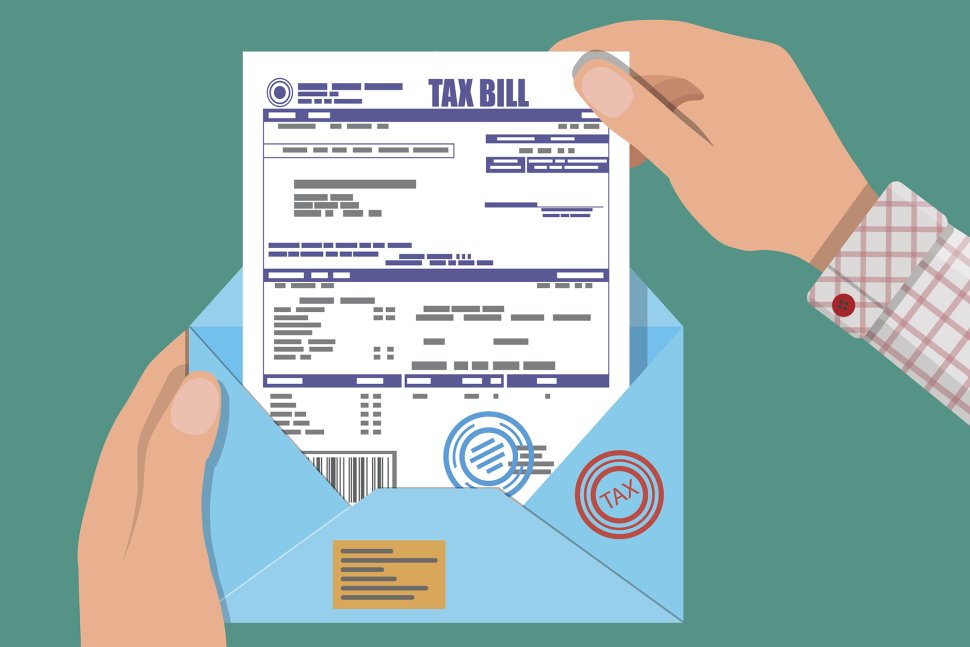
Goodbye to the Wealth Tax in Andalucía for 2020?
27 February, 2020
Wealth Tax in Spain
Spain’s wealth tax is regulated by law 19/1991. In 2008, law 4/2008 established a 100% tax credit against wealth tax liability beginning on 1st January of that year. However, as a consequence of the economic crisis in Spain, the wealth tax was temporarily reinstated between 2011 and 2017. Thus, declarations of wealth tax liability had to be made from 2012 until 2018.
Although Spain’s autonomous Governments collect about €1 billion each year from the wealth tax, the Spanish legal system had not mandated the imposition of the wealth tax in autonomous regions for the year 2018. Nonetheless, Andalucian taxpayers should not claim victory over the wealth tax. The Spanish government may still change its enforcement of the wealth tax throughout the country.
Who has to pay the wealth tax in Spain?
A Spanish resident is required to submit a declaration of wealth tax liability if the value of his or her total assets or rights exceeds €2 million. This declaration is based on a Personal Obligation.
Individuals who are not residents of Spain must pay the wealth tax if the value of their Spanish assets exceeds €700,000. This declaration is based on a Real Obligation.
What is the scale of the Spanish wealth tax in Andalucía?
In the autonomous community of Andalucía, the tax rate is calculated based on the following scale: From an Asset base of 167,130€ at a tax rate of 0.24% rising to a ceiling of 10,696,000€ at 3.03%
Is the Spanish wealth tax still valid in 2019?
Yes. This will be the last year of the wealth tax. Beginning in 2018, the 100% tax credit against wealth tax liability was reinstated. Therefore, no one should have needed to pay the wealth tax in 2019 and should be hopefully abolished sometime in 2020
Effective 1 January 2018, a 100% tax credit for the wealth tax was applied to all taxpayers with a personal or real obligation to declare their tax liability.
Non Residents Wealth Tax in Spain
The Wealth Tax in Spain (also called capital, equity or fortune tax) is a Tax that is applied individually, not on annual income or transactions, but on the personal assets of each individual which include among others: bank deposits, real estate and pension plans, and the calculation is based on the total value of these assets of the taxpayer.
In the case of Non Residents the calculation will include all the assets held in Spain.
On 2008 the Spanish Wealth Tax was eliminated by the introduction of a 100% bonus with the Law 4/2008 published on December the 23rd. But this did not last long as on 2011 due to the financial crisis the tax was re-established temporarily and since then it has been renewed on an annual base including the one which corresponds to the period 2018 which was approved and published by the Official Gazette on 4/7/18 by the Law 6/2018 of July 3rd.
General rules of the Wealth tax in Spain:
At the time of the Tax calculation you must take into account not only the Assets and Rights but also the related debts and obligations. To calculate the property value, the tax payer must include the higher value between the Fiscal, Rateable and Acquisition value.
The first 700.000€ are exempt of taxation.
The Spanish Wealth Tax is accrued annually on the 31 of December and the tax return should be presented and paid six months before the end of June of the following year.
The obligation to summit the tax return falls to all taxpayers with a positive result and also to taxpayers whose assets and rights have values greater than 2.000.000€ even if their tax returns are negative and therefore, with no payment due.
The Wealth Tax in Spain is applicable throughout the Spanish National territory, although each Autonomous Community can regulate the minimum exempt, the tax rate, deductions and bonuses provided they are compatible with the State standard.
The law determines two types of taxpayers according to their fiscal residence:
Taxable person due to Personal Obligation… applicable to residents in Spain. They are taxed for all their assets whether or not they are located in Spain and for all the Rights whether they can be exercised in Spain or abroad.
Taxable person for Real Obligation …applicable to all non-residents in Spain. They are taxed only for the assets located in Spain and for the Rights that may be exercised in Spain.
Non Resident residents of the EU, Iceland & Norway had to apply the rates where most of their assets where located, but these proved to be unfair as some Autonomous Communities had higher rates than others, so it was agreed that these could choose between the State scale of the Autonomous.
I always stress…please use a Specialist Lawyer when dealing with issues of Tax
tel. +34 952927833 or email info@andalucianproperties.info
Back to blog
